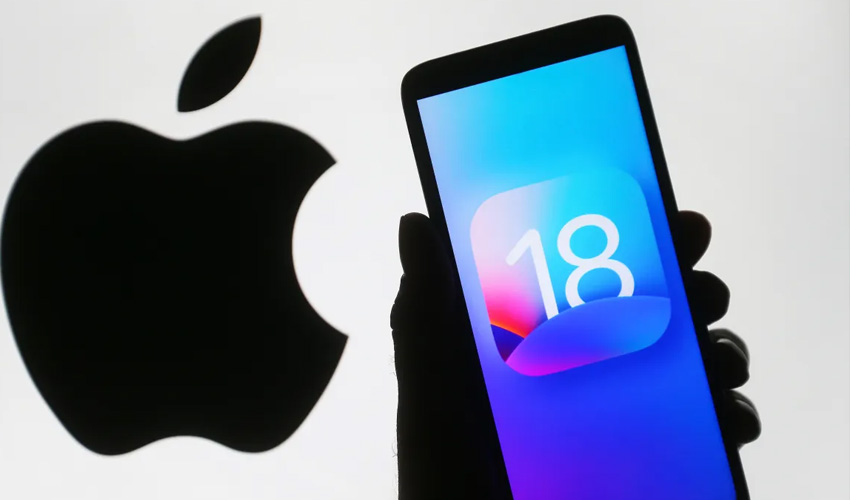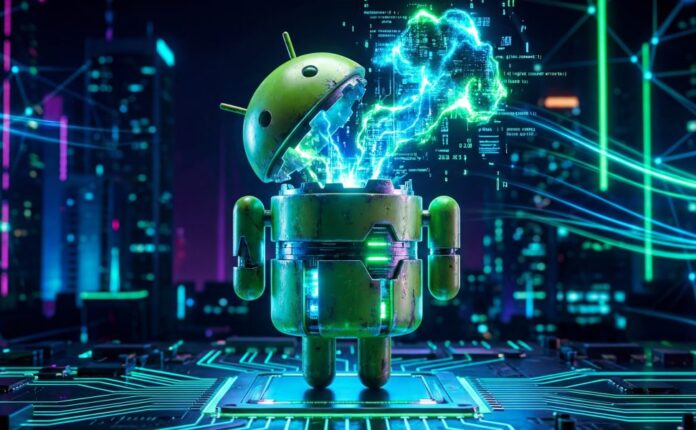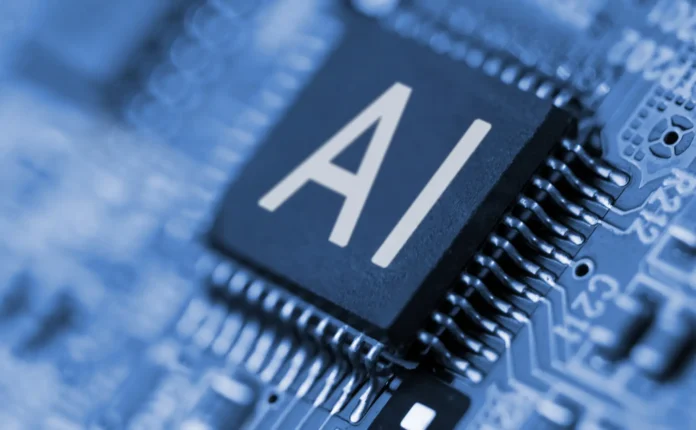Apple, the tech giant, is gearing up to unveil its highly anticipated iOS 18 operating system. But amid the excitement comes a caveat – not all iPhone users will be able to partake in the latest improvements.
According to reports, Apple’s upcoming iOS update, which is slated for a June release, will be exclusive to a select range of iPhone models, leaving certain devices behind in the technology race. Citing sources, it has been revealed that iPhones manufactured before 2018, including the SE series and the 8 Plus model or earlier iterations, will not be able to access the iOS 18 update.
The decision, said to be rooted in hardware limitations, underscores Apple’s relentless drive to push the boundaries of technology. Hampered by slower processors and limited RAM, older iPhone models don’t meet the requirements necessary to support the robust features built into iOS 18.
With rumblings suggesting that iOS 18 promises to usher in a new era of AI-driven capabilities, there is speculation about the transformative potential it holds. The update will reportedly harness the power of massive language models and other cutting-edge AI technologies, a move poised to redefine the user experience on Apple’s mobile platform.
Excluding pre-2018 iPhone models from rolling out iOS 18 underscores Apple’s unwavering commitment to innovation and progress. By introducing the A12 Bionic chip alongside the iPhone XR and XS in 2018, Apple laid the foundation for a future characterized by increased performance and unmatched efficiency.
However, for users who cling to devices powered by the A11 Bionic chip (as seen in the iPhone X, 8 and 8 Plus) or the A10 Fusion chip (found in the iPhone 7 and 7 Plus), the arrival of iOS 18 marks the end of an era.
Despite Apple’s tradition of dropping support for outdated iPhone models with each new iOS release, keeping the seven and eight series this year marks a strategic departure from convention.







